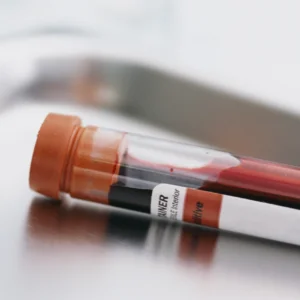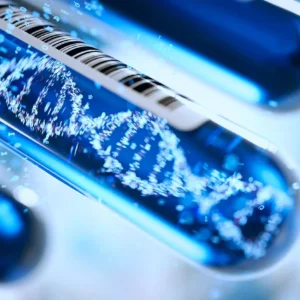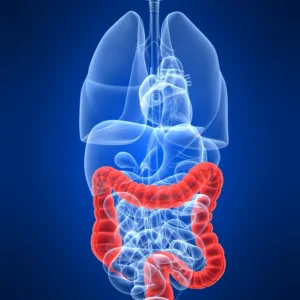Product Description
What is Testosterone?
Male Hormones: Testosterone is the primary male hormone and is naturally produced by the body by the testes.
What does it do?
Testosterone is vital to the body and helps a man maintain:
- Healthy heart and immune system function
- Positive mood and energy
- Muscle and bone mass and strength
- Sex drive and sexual function
- Normal sleep patterns
- Healthy weight
How do you know if your testosterone levels are low?
Do you have any of these symptoms?
- A lack of energy and a decrease in strength and endurance
- A decrease in libido (sex drive) and less strong erections
- A decrease in your enjoyment of life with sad and/or grumpy moods
- A foggy mind with a deterioration in your work performance
If you have any of the above symptoms you may have low testosterone and may be experiencing “andropause” which is the male version of “menopause”.
What benefits would you get from healthy testosterone levels?
- Decreased risk of heart attack and stroke
- Decreased risk of type II diabetes
- Decreased risk of Alzheimer’s and dementia
- Increased energy and mood
- Improved sports performance, and the ability to build more muscle
- Improved sexual performance and drive
- Improved mental clarity and memory
- Improve sleep
- Improved ability to deal with stress
- Decreased pain
How did my levels get low in the first place?
A fact of getting older, testosterone declines as men age. During puberty, testosterone levels are at a lifetime peak and these levels begin to decline in the early to mid 20’s. As they drop a man is said to be in andropause.
Why are my male hormones low?
The effects of environmental pollutants including plastics and pesticides can cause the pituitary to slow prematurely and can damage testosterone-producing cells in the testicles. As environmental pollution rises it is more common for us to see clients in their mid to early thirties with low levels of male hormones.
Pre-existing medical conditions are also related to low Testosterone levels. If you have one of the following conditions we recommend getting your male hormones checked.
- Diabetes – diabetics are twice as likely as non-diabetics to have low testosterone
- Obesity – Obese men are twice as likely to develop low testosterone levels
- High blood pressure
- High cholesterol
- Asthma/Chronic obstructive pulmonary disease (COPD)
We have helped thousands of men over the years. Now it is your turn. Check your male hormones.
This panel includes Free and Total testosterone, estradiol, DHT, PSA, DHEA and cortisol.









